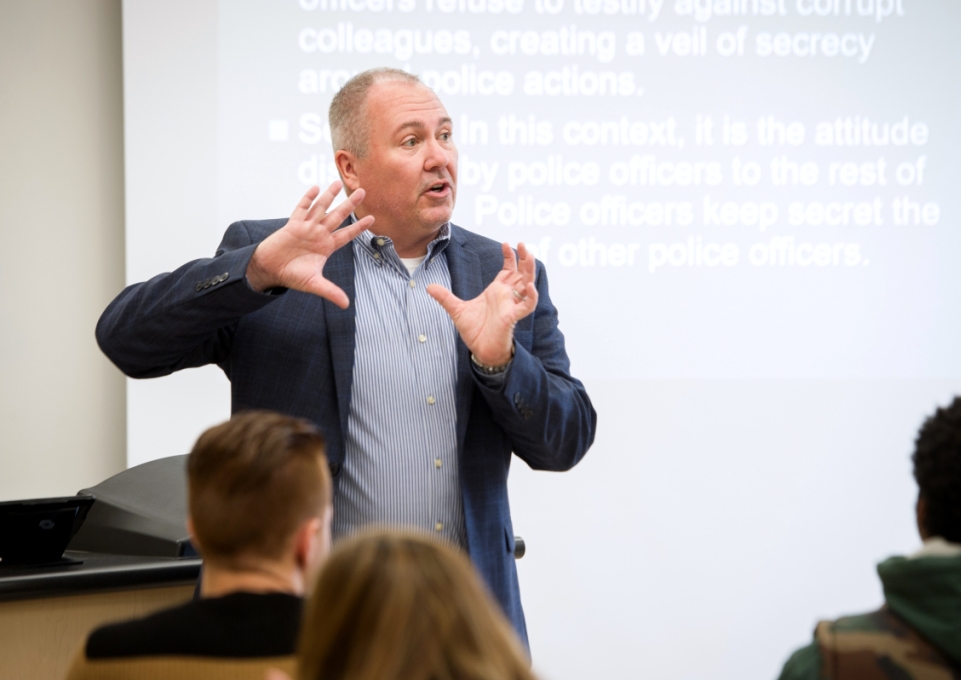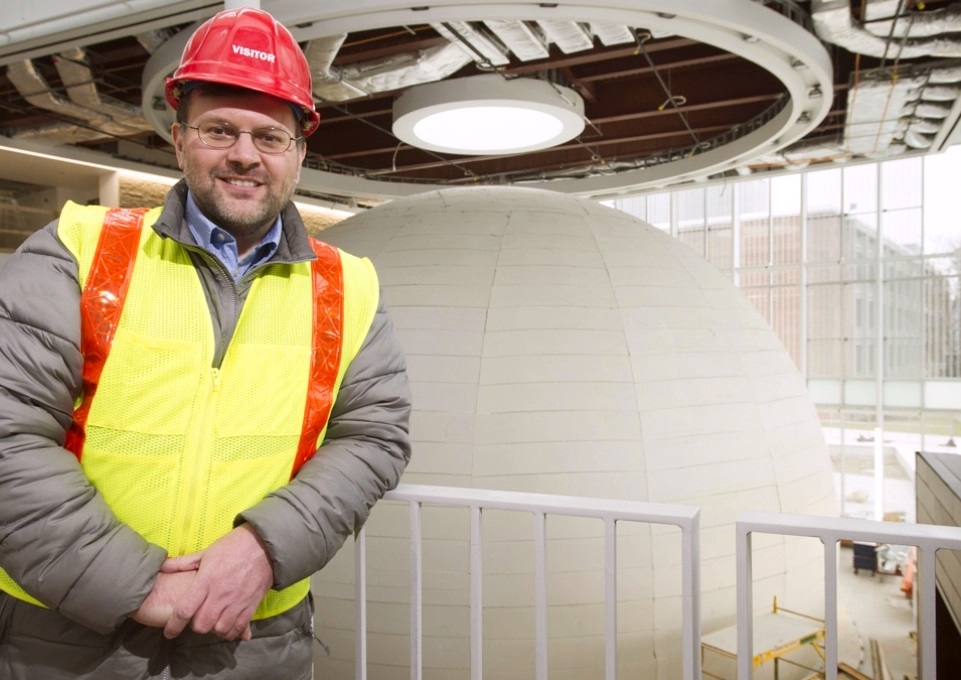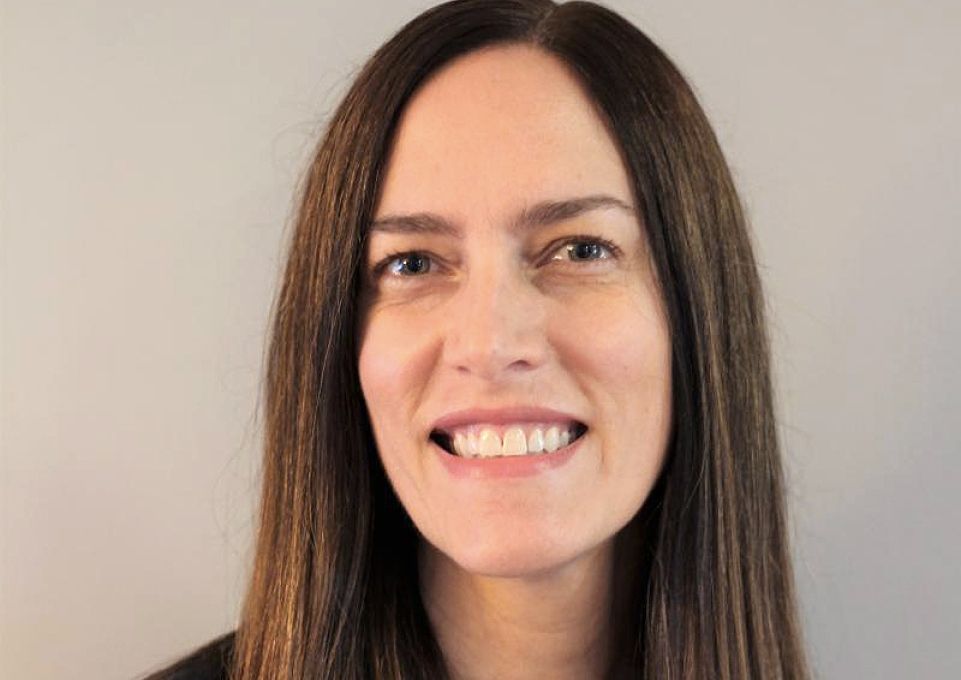
James Sobol
Looking Inside the Minds of Police Officers
When a police officer finds himself in a stressful situation, what determines whether he shoots his weapon or holds fire?
Impulsivity may be one key factor, according to research that James Sobol, associate professor and chair of the Buffalo State Criminal Justice Department, conducted with two colleagues.
Studying Scenarios
In 2017, with funding from the Research and Creativity Council, Sobol, along with Associate Professor S. Marlon Gayadeen and Professor Scott Phillips, partnered with the Dent Neurological Center in Amherst to conduct a study of 52 police officers from Western New York on stimuli related to decision-making. They hooked the officers to portable electroencephalogram (EEG) machines that measured brain waves and the neurophysiological impact on decision-making in a shooting simulator.
“They were exposed to four different scenarios, lasting one to three minutes each, including common and routine interactions that a police officer might encounter on a daily basis, such as a traffic stop,” Sobol said.
The study determined that officers identified as having low self-control in other settings were more likely to fire their weapons in a high-stress situation than officers with higher levels of self-control. The ones considered more impulsive also were more likely to miss their targets.
“What prompted our work was the recent spate of officer-involved shootings, predominately of unarmed minority citizens,” Sobol said. “Widespread news and social media attention sparked critical conversations and have led to calls for police reform across the United States.”
Sobol and his colleagues wanted to get inside the officers’ heads, so to speak.
“The simulation exercises showed that many more variables are in play in police-involved shootings than just race,” said Sobol who has been studying police behavior for two decades. “There are some things the media doesn’t pick up.”
He said one aspect that intrigued him was that psychological concepts, such as self-control, have been used to explain all sorts of behavior.
“We know this from research evidence over the past 25 years. Now, our study aims to take this approach to study police shooting behavior within a simulator.”
The Findings
The professors presented their findings at the American Society of Criminology Annual Meeting last November.
Sobol discusses the many facets of police behavior with both his undergraduate and graduate students.
“Due to the nature of policing today, police receive a lot of criticism,” he said. “As a result, some criminal justice majors don’t want to go into the force. Others want to be that change agent for their communities,” he said.
Last April, in the graduate-level course Law Enforcement Issues, Sobol invited a Buffalo Police officer to discuss a well-publicized 2012 police-involved shooting that was lawful and justified.
“Some students teared up and became emotional at the story,” Sobol said. “It was a tragedy for everyone, and I think the students were able to see use of force from a different perspective.”
“Paths open up, opportunities present themselves, and it is our choice to decide whether or not to follow them.”
The Importance of Mentoring
Sobol’s intellectual interest in the field of policing and related study was sparked by faculty he studied under while earning his master’s degree in criminal justice at Buffalo State.
“I had the good fortune to be mentored by some excellent faculty—John Conley and James Fox,” said Sobol, who grew up in Orchard Park, the first in his family to attend college. “They taught me to think critically about what I read, and moreover, to study topics that lit the fire within. This led me to the School of Criminal Justice at SUNY Albany, which at the time was ranked No. 1 in the country. It was there that I further refined my data analytical skills and was mentored by some of the leading scholars in the discipline.
“Paths open up, opportunities present themselves, and it is our choice to decide whether or not to follow them.”
Now, he’s come full circle as the chair of the department.
“Being a first-generation college student, I am blessed to be where I am today,” he said. “To be able to mentor and give back to students who were just like me many years ago.”



